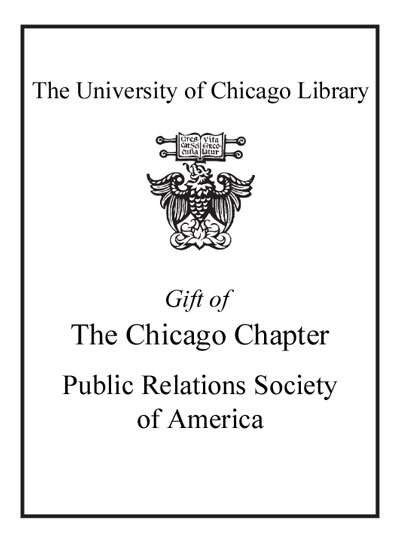Review by Choice Review
Henriques (business professional, college teacher; The Triple Bottom Line: Does It All Add Up?, 2004) argues that the exercise of power by any institution demands a concomitant commitment to transparency and accountability. Covering the philosophical and historical to contemporary practices, the book's 14 chapters explore the nature and character of transparency and the ways in which transparency has become a global condition of organizational acceptability. For Henriques it is the inherent dichotomy between transparency and the often-disparate interests of the stockholders, government regulators, boards of directors, and internal and external stakeholders that create a dilemma. Today's challenge, as he sees it, is to develop a balance between the public's right to know what organizations do and the tradition of organizational privacy. Topics include commercial confidentiality, intellectual property rights, privacy rights, the public's right to know, lobbying, and corporate corruption. Excellent global real-life examples and vignettes complement the presentation. Although oriented toward the business professional, this work is a timely, useful addition to comprehensive leadership studies collections. Summing Up: Recommended. General readers; students, upper-division undergraduate and up; professionals. S. R. Kahn University of Cincinnati
Copyright American Library Association, used with permission.
Review by Choice Review

